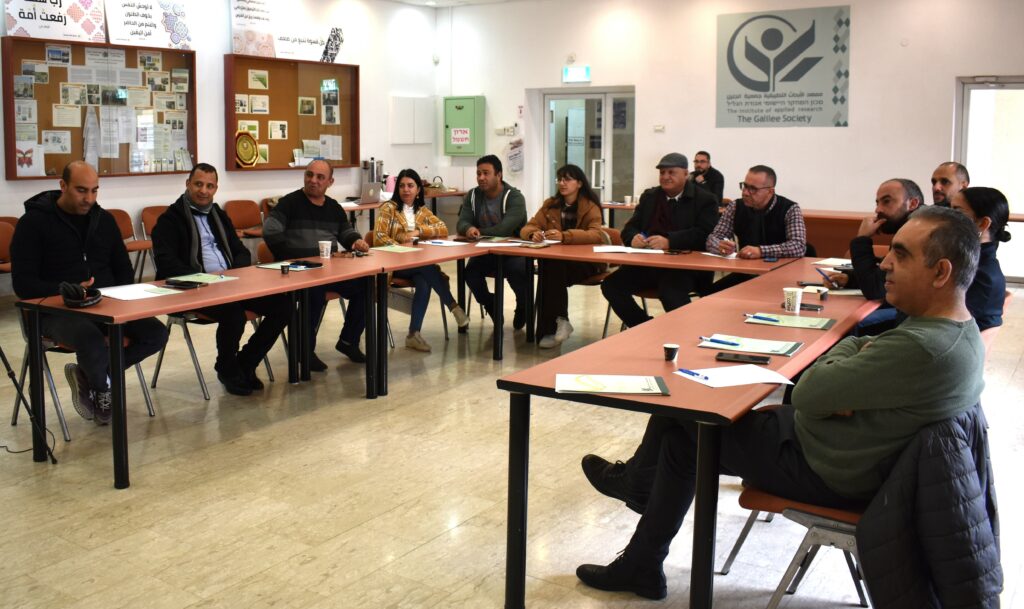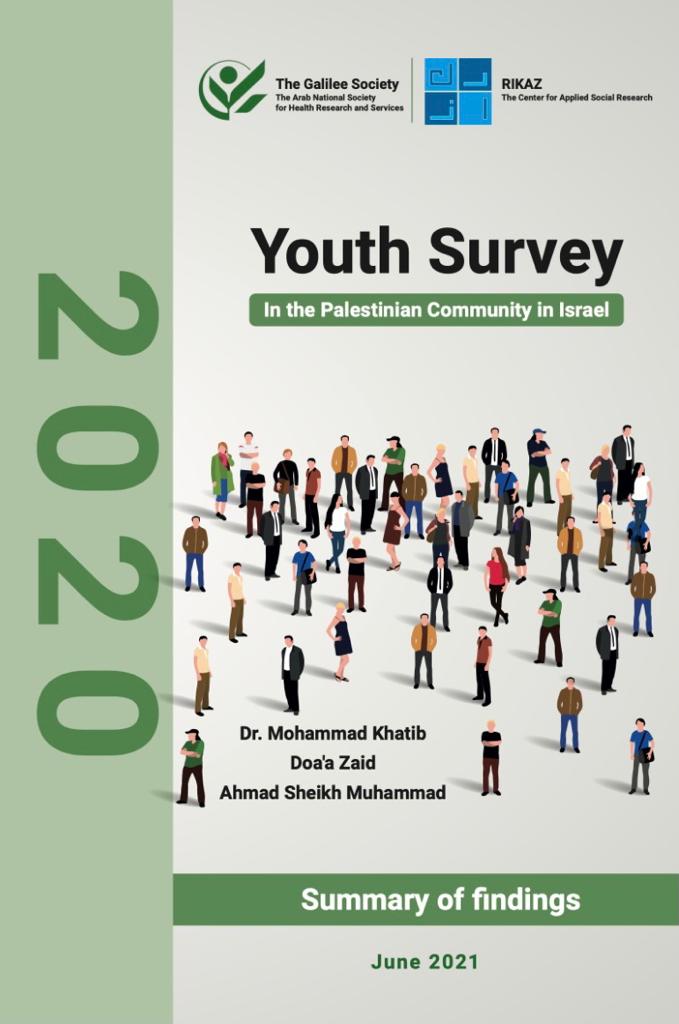
The Galilee Society, in collaboration with the “7amleh” Center, organized an educational seminar titled “Local Climate Journalism” as part of the “Climate Resilience Project”, led by the Galilee Association, in partnership with the Shafa`amr Municipality and the University of Haifa, and funded by the European Union, aiming to enhance the readiness of Arab localities for climate change. With the shift in climate discourse in the world, which is now emphasizing climate justice, and sheds light on the responsibility for the climate crisis and those affected by it; It has become important to develop a local climate discourse that addresses the concerns and challenges facing the Palestinian Arab community in Israel. In general, studies have shown that marginalized and poor population groups, everywhere, are the most vulnerable to the effects of the climate crisis. Therefore, while the climate crisis will be a challenge for all countries, it will be especially challenging for the Palestinian Arab community, which suffers from severe developmental gaps that make them particularly vulnerable to the effects of climate change, especially in the field of public health. Therefore, this educational seminar was based on our awareness of the importance of local media in shaping the local climate discourse. The seminar included three parts: In the first part, Alaa Obaid, Director of the Climate Change Project at the Galilee Society, presented a scientific public lecture that dealt with scientific information about climate change in a local context and linked it to social and environmental justice issues. In the second part, Mr. Iyad Barghouti from “7amleh” center presented a workshop on digital storytelling in the context of the climate crisis. This workshop aimed to provide journalists with the necessary knowledge and tools to create a digital story about the impact of climate change on Palestinian society in Israel through local issues such as energy poverty, power outages in Arab localities, unrecognized villages, fishing in coastal Arab towns, and others. As for the third lecture, it was presented by the researcher Reem Barakat from the environmental magazine “Afaq”, which addressed the subject of environmental journalism and climate justice.
The participants expressed the importance of such seminars and the need for more of them to enhance the role of local media in creating a local climate discourse, raising awareness for environmental and social issues, in addition to influencing local policies.


